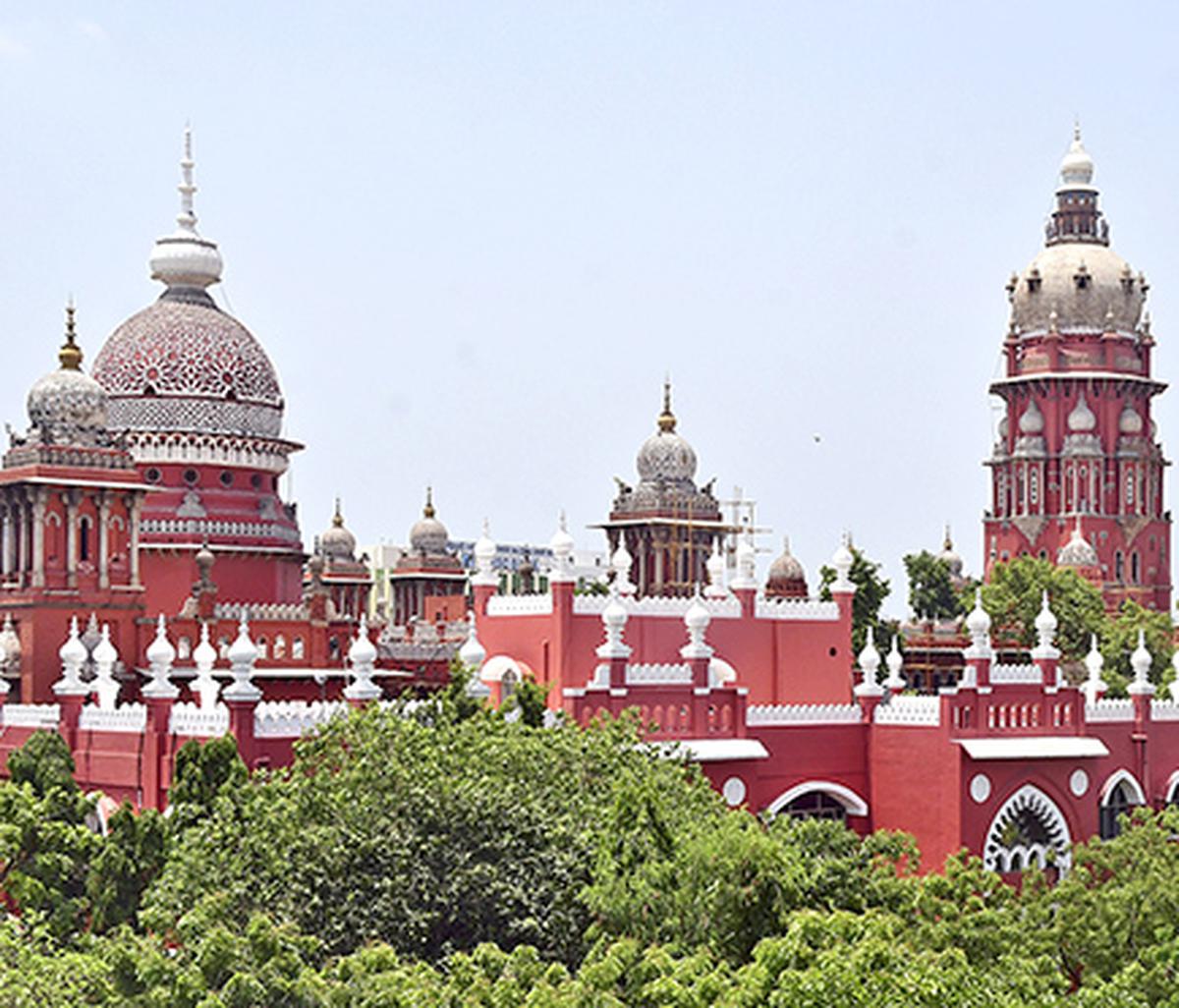
Court fully satisfied with CB-CID investigation into custodial death of youth, refuses to sanction CBI probe
The Hindu
A judge of the Madras High Court said there was no material to suspect a tainted or biased investigation
Not finding any material to suspect that the Crime Branch-Criminal Investigation Department (CB-CID) was conducting a tainted or biased investigation into the custodial death of a youth at Secretariat Colony Police Station in Chennai in April this year, the Madras High Court has refused to order a Central Bureau of Investigation (CBI) probe into the death.
Justice V. Sivagnanam also recorded the submission of Additional Public Prosecutor (APP) E. Raj Thilak that six policemen had been remanded to judicial custody and that the CB-CID investigation was almost complete. “Upon consideration of the materials, in my view, a proper investigation is being conducted,” the judge observed while dismissing a petition seeking CBI probe.
The siblings of the deceased V. Vignesh had approached the court accusing the CB-CID officials of not conducting a proper investigation. However, the APP told the court that the investigators had exhibited their bona fides by examining as many as 84 witnesses besides securing closed-circuit television (CCTV) camera footages from 15 different locations.
Material objects were also recovered from the police station and sent for forensic analysis. A report from the experts had confirmed that the blood stains found on a stainless-steel rod and on a door on the back partition door of the police station was actually human blood. The investigators were now awaiting only the viscera and DNA reports.
It was also brought to the notice of the court that the CB-CID had altered the charges and pressed Section 302 (murder) of the Indian Penal Code and also the provisions of the Scheduled Castes and Scheduled Tribes (Prevention of Atrocities) Act too, against the accused besides opposing their bail petitions which were dismissed by a sessions court.
Convinced with the submissions, Justice Sivagnanam said, the Supreme Court had advised that the extraordinary power of the High Courts to transfer investigation must be exercised sparingly, cautiously and only in exceptional situations where it becomes necessary to provide credibility and instill confidence in the investigations.











